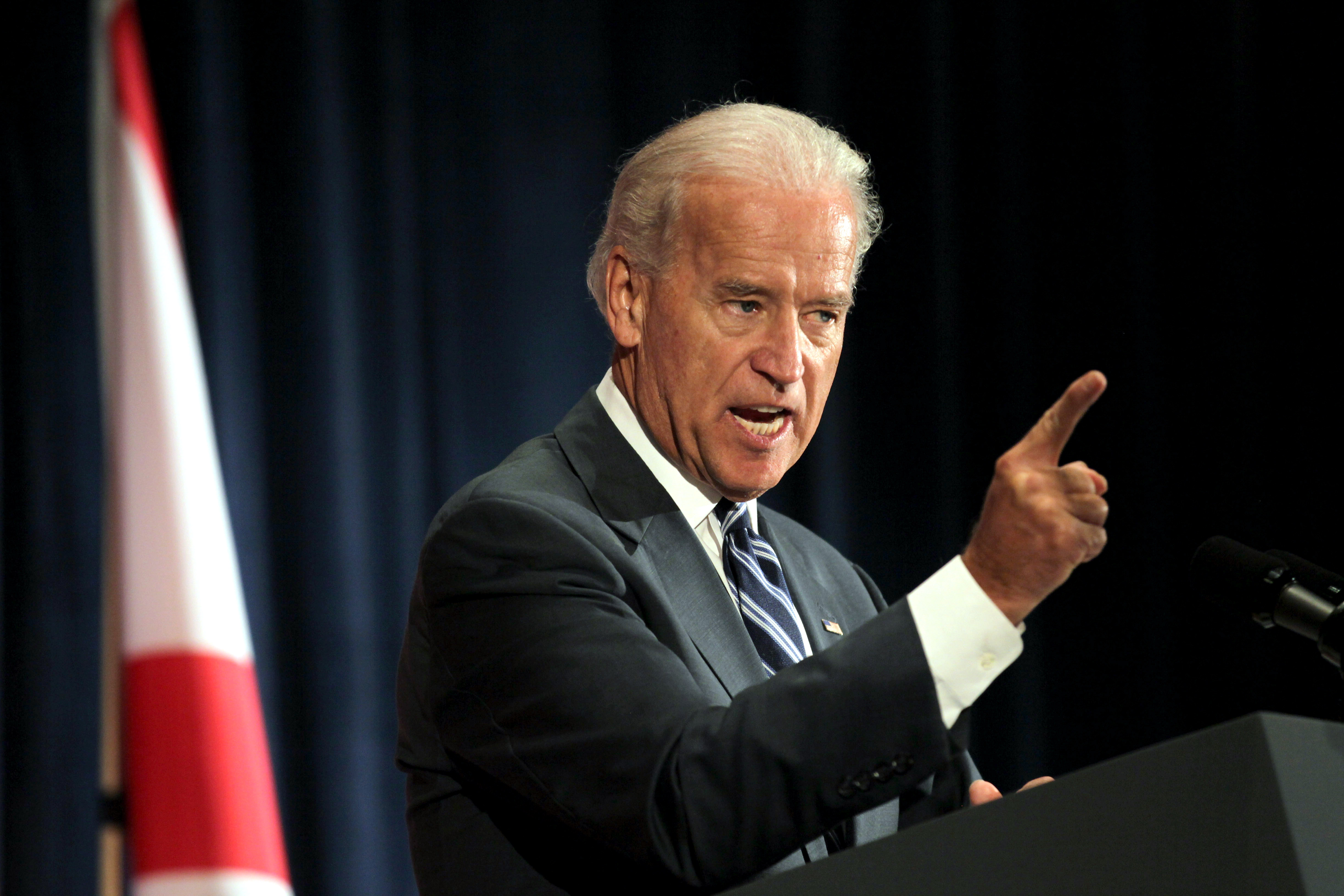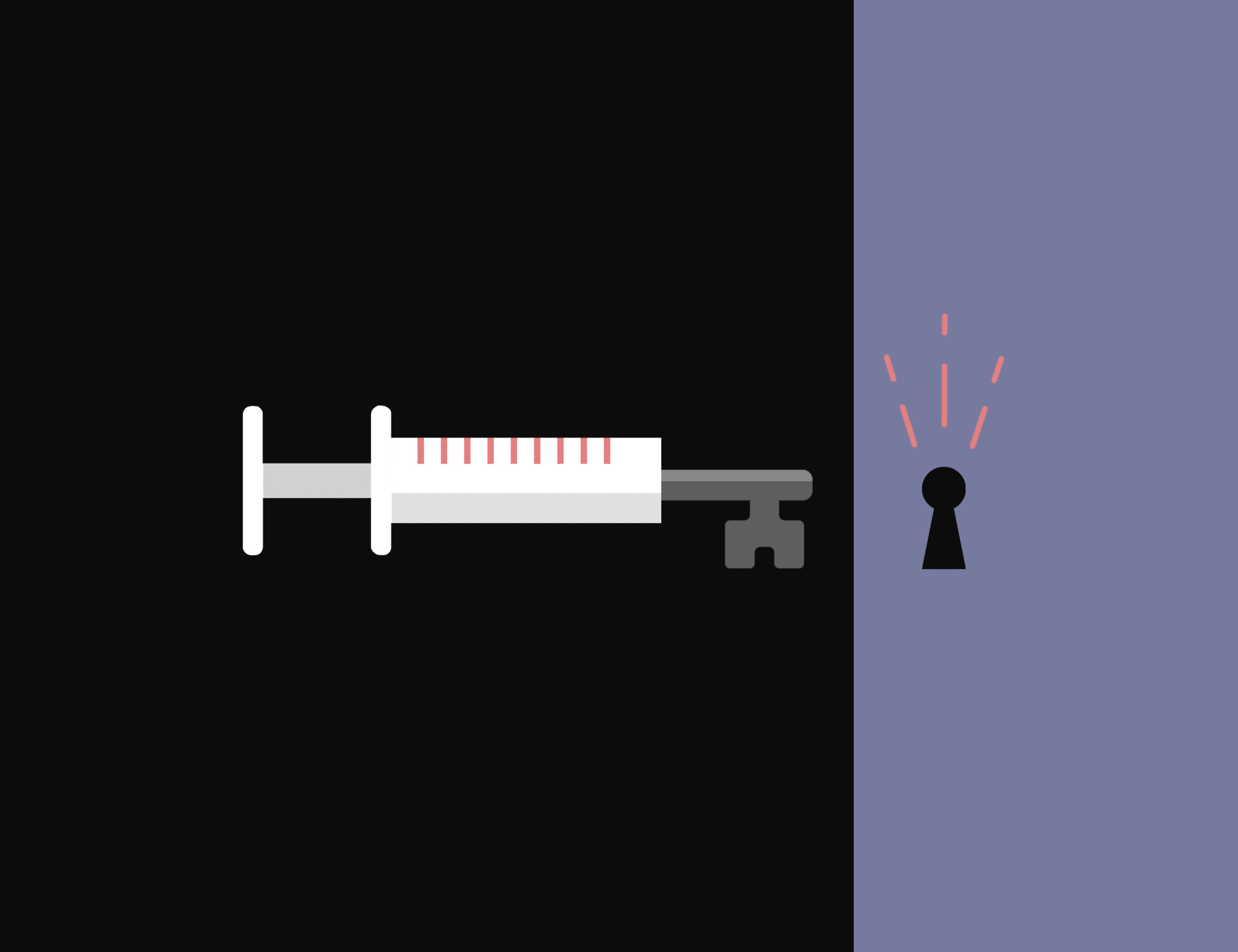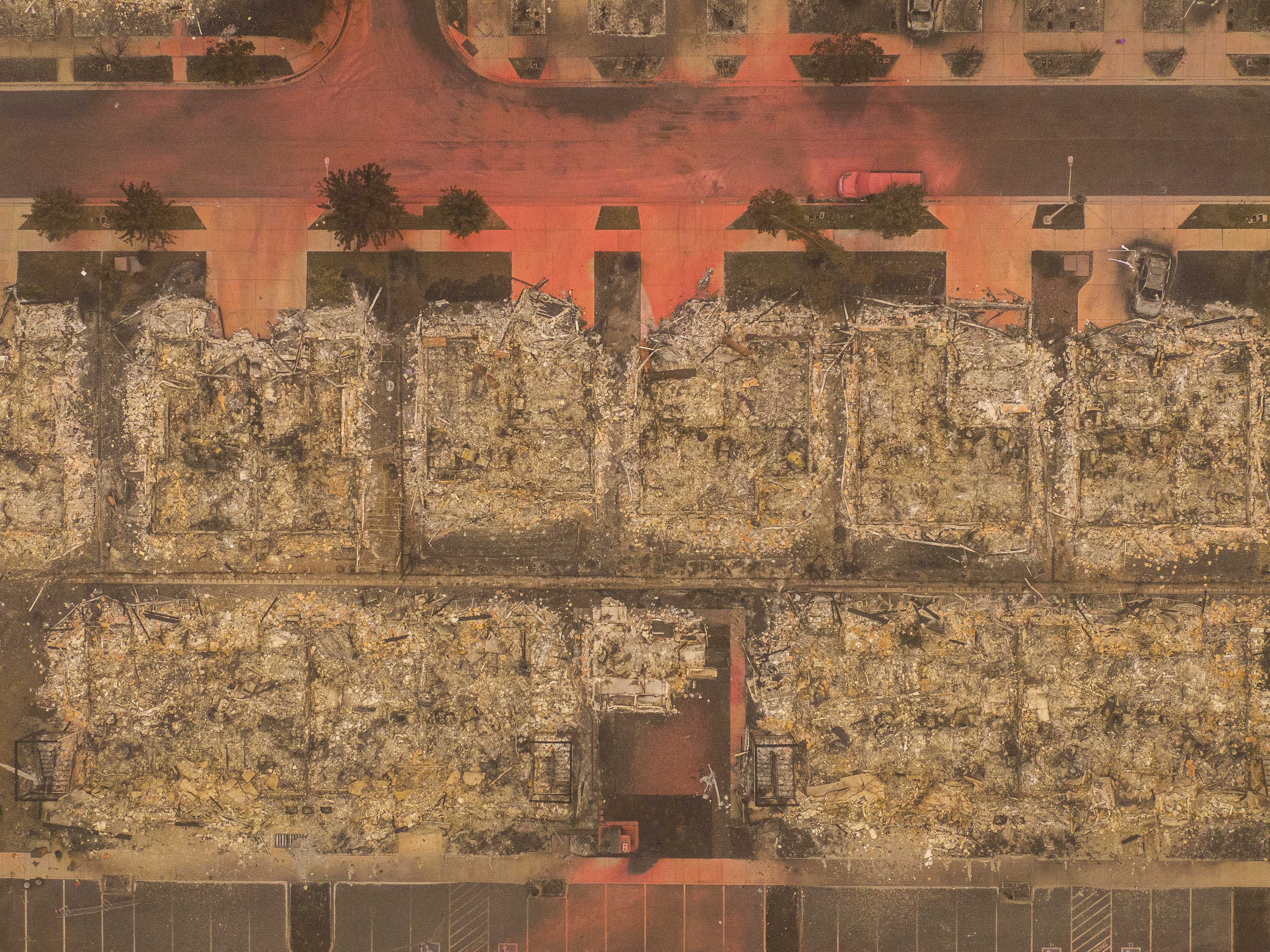The new war on cancer
The Obama administration has launched a "moonshot" to cure cancer. What are the chances of success? Here's everything you need to know.

A free daily email with the biggest news stories of the day – and the best features from TheWeek.com
You are now subscribed
Your newsletter sign-up was successful
The Obama administration has launched a "moonshot" to cure cancer. What are the chances of success? Here's everything you need to know:
Has there been progress on cancer?
Forty-five years after Richard Nixon declared "war" on the disease, cancer remains the No. 2 killer in the U.S., after heart disease. This year alone, an estimated 600,000 Americans will die of cancer. Attempts to find a "magic pill" — a global cancer treatment for hundreds of types of cancer — have failed. But more sophisticated forms of treatment targeted to specific kinds of cancer cells have resulted in much better survival rates for some common cancers, including breast, prostate, and colon cancer and some forms of leukemia. And recently, researchers have had very encouraging results with a new approach called immunotherapy. Some patients in advanced stages of the disease, who previously would have been deemed terminal, have undergone rapid and complete recoveries. Hoping to build on that progress, President Obama in January announced a $1 billion "moonshot" to cure cancer, putting Vice President Joe Biden — whose son Beau died of brain cancer last year — in charge of "mission control." Biden believes a major breakthrough is possible. "We're not looking at incremental change," the vice president said. "What we're trying to do is end up with a quantum leap on the path to a cure."
The Week
Escape your echo chamber. Get the facts behind the news, plus analysis from multiple perspectives.

Sign up for The Week's Free Newsletters
From our morning news briefing to a weekly Good News Newsletter, get the best of The Week delivered directly to your inbox.
From our morning news briefing to a weekly Good News Newsletter, get the best of The Week delivered directly to your inbox.
How does immunotherapy work?
Unlike traditional cancer treatment methods that attack the cancer itself — surgery, chemotherapy, and radiation — immunotherapy works by encouraging the patient's own immune system to fight the disease. The immune system often fails to mount a successful attack on cancer because tumors that develop from the body's own healthy cells aren't recognized as invaders. Some tumors even have ways of tricking the immune system into ignoring them. One type of immunotherapy transfers genetically engineered killer T cells back into a patient's body; these superaggressive antibodies target and destroy the tumor. In another type, drugs known as checkpoint inhibitors block the cancer cells from turning off the usual T-cell defenses, enabling the body to fight the disease. "Patients respond to these drugs because their immune system is ready to go, but the tumor is protecting itself," said Dr. Antoni Ribas, professor of medicine at University of California, Los Angeles. "For these patients, we just need to unleash the immune system."
What success has it had?
In one trial, 93 percent of patients suffering from certain types of B-cell leukemias and lymphomas saw their cancer disappear. California businessman Johnny Crowell took part in another immunotherapy trial of just 10 patients after developing a rare Merkel cell cancer. Doctors had already told him that the cancer "would end up in my lungs, brain, back," Crowell told The Atlantic. He was given two years to live. After Crowell took G100, a drug that increases the body's immune response, doctors found no signs of cancer in any of the tissue they extracted from his body.
A free daily email with the biggest news stories of the day – and the best features from TheWeek.com
Are there any downsides?
Plenty, unfortunately. Immunotherapy drugs can cost up to $150,000 per year, and most people can get access to them only if they're accepted into very small clinical trials. Moreover, it's not clear whether immunotherapy will work with all cancers. The treatment seems to work best against cancer cells with high levels of genetic mutation, making the tumors more easily identifiable — as in lung cancer, where carcinogens in tobacco smoke trigger mutations. In diseases with fewer mutations, such as pancreatic cancer, immunotherapy seems to be far less effective. Since Nixon launched his campaign to cure cancer back in the 1970s, researchers have repeatedly run into the same obstacle: Cancer is really not one disease, but at least 300, involving different types of cells with abnormal genetic machinery that makes them grow out of control. "This is the emperor of all maladies," says Professor Charles Swanton, from University College London's Cancer Institute. "We're dealing with an entity that's constantly evolving, constantly adapting, and constantly changing its genome."
What about other treatments?
Another promising new frontier is genetic analysis, which splits each type of cancer into dozens of subtypes, so that specific chemotherapy drugs can be tailored to each cancer. Experts also now hope they can use the breakthrough gene-editing technique called CRISPR to correct mutations in cancer cells, or perhaps "edit" out mutation-prone genes that people inherit.
Will the "moonshot" really help?
Biden's task as mission commander is to marshal all of these varied efforts into one coordinated response — bringing together researchers, philanthropists, Big Pharma, and insurers. Biden's biggest challenge is to try to tackle what he calls the cancer politics: the infighting and jealousy that occur between cancer researchers, who often refuse to share their data with one another. The federal effort will also fund research into how different immunotherapy treatments work in combination with one another, as well as efforts to improve prevention and early detection. Just don't expect a single, magical breakthrough. "The war on cancer will not be won in one dramatic battle," says MIT cancer researcher Robert Weinberg. "It will be a series of skirmishes."
Jimmy Carter's miraculous recovery
In August 2015, former President Jimmy Carter announced he had been diagnosed with advanced melanoma, a type of skin cancer that had spread to his liver and brain. "I'm perfectly at ease with whatever comes," said Carter, then 90. Four months later, Carter announced he was cancer-free. Along with radiation, Carter had been put on pembrolizumab (brand name Keytruda), a checkpoint inhibitor that stops cancer cells from blocking the immune system's response. Soon after, Carter's scans showed no evidence of the original cancer lesions on his brain, or any new lesions. Given that cancer can often reappear years down the line, oncologists prefer to talk in terms of "years of remission" rather than "cure" — but like Carter, some cancer patients on Keytruda have seen their disease disappear completely. Not surprisingly, says melanoma specialist Dr. Patrick Ott, Carter's miraculous recovery has prompted patients across the country to demand, "I want what Jimmy Carter had." Doctors caution that in clinical trials, Keytruda shrank the tumors in only 24 percent of patients, and that it only works on certain types of cancer.
-
 The Olympic timekeepers keeping the Games on track
The Olympic timekeepers keeping the Games on trackUnder the Radar Swiss watchmaking giant Omega has been at the finish line of every Olympic Games for nearly 100 years
-
 Will increasing tensions with Iran boil over into war?
Will increasing tensions with Iran boil over into war?Today’s Big Question President Donald Trump has recently been threatening the country
-
 Corruption: The spy sheikh and the president
Corruption: The spy sheikh and the presidentFeature Trump is at the center of another scandal
-
 Are zoos ethical?
Are zoos ethical?The Explainer Examining the pros and cons of supporting these controversial institutions
-
 Will COVID-19 wind up saving lives?
Will COVID-19 wind up saving lives?The Explainer By spurring vaccine development, the pandemic is one crisis that hasn’t gone to waste
-
 Coronavirus vaccine guide: Everything you need to know so far
Coronavirus vaccine guide: Everything you need to know so farThe Explainer Effectiveness, doses, variants, and methods — explained
-
 The climate refugees are here. They're Americans.
The climate refugees are here. They're Americans.The Explainer Wildfires are forcing people from their homes in droves. Where will they go now?
-
 Coronavirus' looming psychological crisis
Coronavirus' looming psychological crisisThe Explainer On the coming epidemic of despair
-
 The growing crisis in cosmology
The growing crisis in cosmologyThe Explainer Unexplained discrepancies are appearing in measurements of how rapidly the universe is expanding
-
 What if the car of the future isn't a car at all?
What if the car of the future isn't a car at all?The Explainer The many problems with GM's Cruise autonomous vehicle announcement
-
 The threat of killer asteroids
The threat of killer asteroidsThe Explainer Everything you need to know about asteroids hitting Earth and wiping out humanity